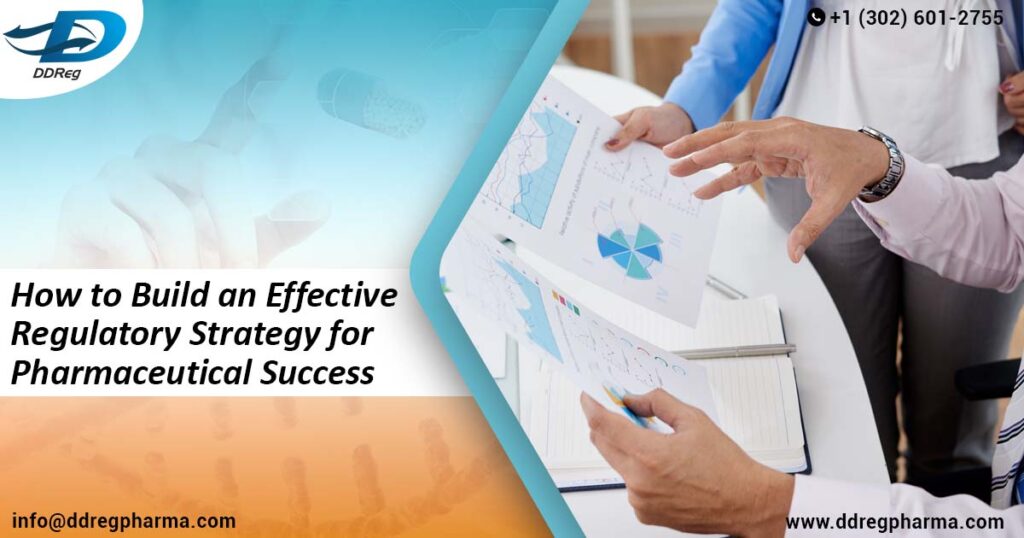Pharmacovigilance (PV) and regulatory services play crucial roles in ensuring the safety and efficacy of pharmaceutical products, which directly impact public health. In Indonesia, the increasing demand for medicines and healthcare services underscores the importance of a robust pharmacovigilance system and effective regulatory processes. These services not only protect patient safety but also help maintain compliance with global standards and regulations, contributing to the country’s evolving healthcare sector.
What is Pharmacovigilance?
Pharmacovigilance refers to the science and activities related to the detection, assessment, understanding, and prevention of adverse effects or any other drug-related problems. It is a critical part of post-market surveillance, ensuring that once a drug is available to the public, its safety is continuously monitored. The goal is to minimize risks associated with drug usage and ensure that the benefits outweigh the potential harms.
In Indonesia, pharmacovigilance involves the collection and evaluation of adverse event data from healthcare professionals, patients, and pharmaceutical companies. This data is then analyzed to detect any new safety issues related to pharmaceutical products. Regulatory authorities in Indonesia, such as the National Agency of Drug and Food Control (BPOM), play a vital role in pharmacovigilance by overseeing these processes.
Regulatory Services in Indonesia
The regulatory landscape for pharmaceuticals in Indonesia is primarily governed by BPOM, the Indonesian Food and Drug Authority. BPOM is tasked with ensuring that all drugs, including prescription and over-the-counter medicines, are safe, effective, and of high quality. The agency enforces regulations that govern the development, approval, and marketing of pharmaceutical products, including clinical trials, manufacturing, labeling, and post-market surveillance.
Some of the key regulatory services provided by BPOM include:
- Drug Approval Process: Before any drug is allowed to be marketed in Indonesia, it must undergo a rigorous approval process. This includes submitting data on the drug’s safety, efficacy, and manufacturing quality. BPOM evaluates these submissions to ensure that the drug meets Indonesian health standards.
- Clinical Trial Monitoring: BPOM oversees the approval and conduct of clinical trials in Indonesia. Clinical trials are essential for gathering evidence on the safety and effectiveness of a drug before it is introduced to the market. The regulatory agency ensures that these trials are conducted ethically and in compliance with Good Clinical Practice (GCP).
- Post-Market Surveillance: After a drug is approved and marketed in Indonesia, BPOM continues to monitor its safety through pharmacovigilance systems. The agency requires pharmaceutical companies to report adverse drug reactions (ADRs) and take necessary actions if any safety concerns arise.
- Inspection and Compliance: BPOM conducts inspections of pharmaceutical manufacturers, wholesalers, and distributors to ensure compliance with local and international Good Manufacturing Practices (GMP). This ensures that drugs sold in Indonesia meet the required quality standards.
- Labeling and Advertising Regulation: BPOM regulates drug labeling and advertising to ensure that all information provided to consumers is accurate, clear, and does not mislead. This includes the use of proper medical terminology and the disclosure of potential risks associated with drug usage.
Pharmacovigilance in Indonesia: Challenges and Opportunities
While Indonesia has made significant strides in establishing a functional pharmacovigilance system, there are still challenges to overcome. Some of these challenges include: https://theguestblogs.com/
- Underreporting of Adverse Drug Reactions: One of the most significant challenges in pharmacovigilance is the underreporting of adverse drug reactions (ADRs). Healthcare professionals and patients may not always report adverse effects due to a lack of awareness or understanding of the reporting process.
- Data Management: The large and diverse population of Indonesia presents challenges in collecting, managing, and analyzing pharmacovigilance data. Ensuring that adverse event reports are properly documented and that data is effectively used for safety monitoring can be resource-intensive.
- Regulatory Gaps and Harmonization: While Indonesia has a well-established regulatory framework, there are still gaps that need to be addressed. For instance, the harmonization of regulations with international standards, such as those of the International Council for Harmonisation (ICH) and the World Health Organization (WHO), is crucial for improving the overall drug regulatory system in the country.
Despite these challenges, there are significant opportunities to improve pharmacovigilance services in Indonesia:
- Digitalization and Automation: The implementation of digital tools, such as automated pharmacovigilance systems, can streamline the reporting and analysis of adverse drug reactions. This can improve efficiency, data quality, and compliance.
- Public Awareness and Education: Educating healthcare professionals and the general public about the importance of pharmacovigilance and ADR reporting can help increase the number of reported incidents and improve overall drug safety.
- Strengthening International Collaboration: Collaborating with international organizations and other countries can enhance Indonesia’s pharmacovigilance system. This includes sharing data on drug safety and participating in global initiatives to monitor and evaluate the risks of pharmaceutical products.
- Enhanced Training Programs: Providing training programs for healthcare professionals on the importance of pharmacovigilance, the ADR reporting process, and the regulatory requirements can help strengthen the system’s effectiveness.
Conclusion
Pharmacovigilance and regulatory services are fundamental to ensuring the safety and efficacy of pharmaceutical products in Indonesia. BPOM plays a central role in monitoring drug safety, approving new medicines, and enforcing regulations to protect public health. While challenges remain, the ongoing development of Indonesia’s pharmacovigilance and regulatory systems presents significant opportunities to enhance drug safety and improve healthcare outcomes for the country’s growing population.
As Indonesia continues to expand its healthcare infrastructure, it is essential to foster greater awareness, enhance data management capabilities, and strengthen international collaboration to keep up with the evolving global pharmaceutical landscape. By doing so, Indonesia will be better equipped to safeguard patient safety and maintain its commitment to high-quality, effective healthcare.






